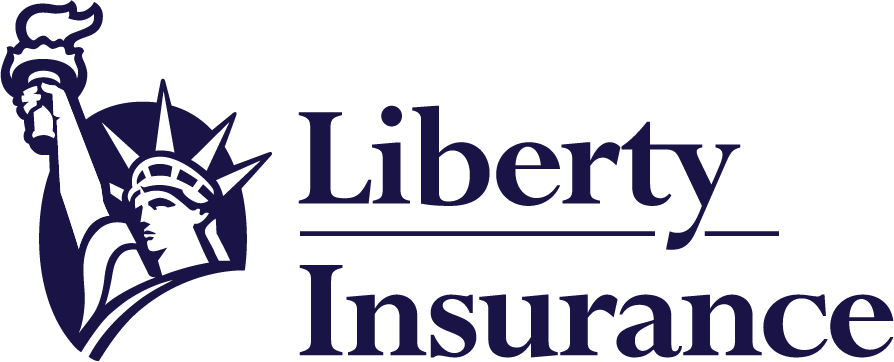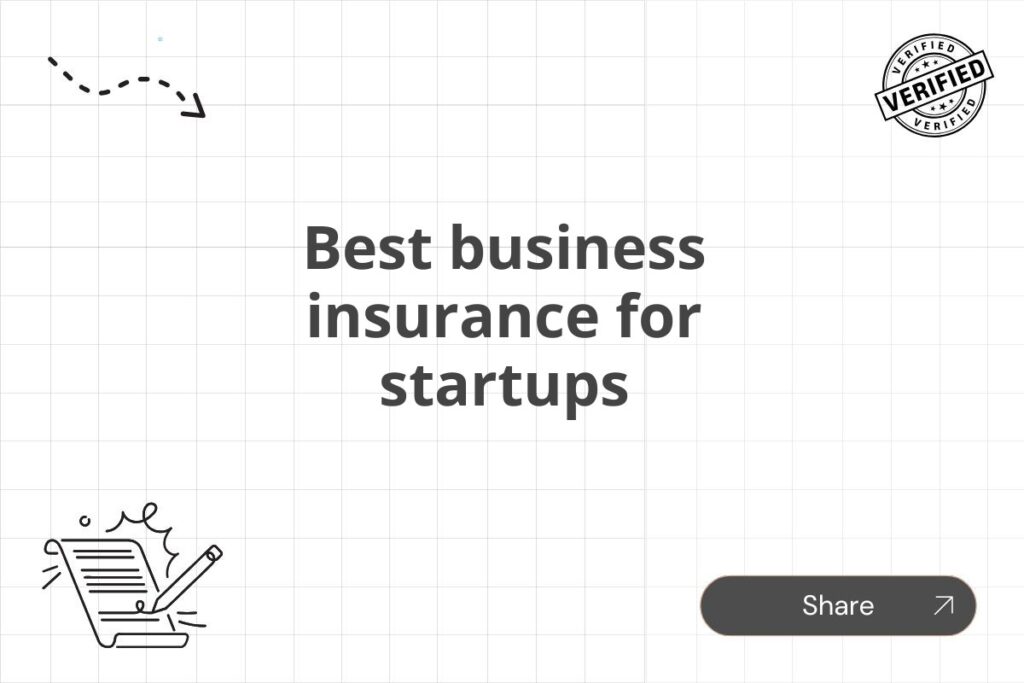Meta Description: Launching a startup? Secure your future with the best business insurance. This comprehensive guide explores vital coverages for startups, helping you choose the right policies to protect your investment and minimize risk. Find the perfect fit for your needs today!
Starting a business is an exciting yet daunting endeavor. Amidst the thrill of innovation and the pursuit of your dreams, the often-overlooked aspect of risk management can significantly impact your success. Protecting your hard work and financial investment requires a solid understanding of business insurance, especially for startups operating with limited resources. This comprehensive guide will navigate you through the essential types of business insurance for startups, helping you choose the right coverage to safeguard your venture’s future.
Finding the “best” business insurance for your startup isn’t about a one-size-fits-all solution; it’s about identifying the specific risks your business faces and securing the appropriate protection. Every startup is unique, with varying levels of risk depending on the industry, location, and size. This article will delve into the most common types of insurance crucial for startups, providing you with the knowledge to make informed decisions.
Understanding Your Startup’s Risk Profile
Before diving into specific insurance policies, it’s crucial to assess your startup’s unique risk profile. This involves identifying potential liabilities and the likelihood of incidents that could cause financial hardship. Consider these factors:
- Industry: High-risk industries like construction or manufacturing generally require more extensive insurance coverage compared to businesses with lower inherent risks.
- Location: Geographical factors such as natural disaster vulnerability (earthquakes, hurricanes) can influence the type and level of insurance needed.
- Number of Employees: As your team grows, the potential for employee-related liabilities (workplace accidents, lawsuits) increases, necessitating appropriate workers’ compensation and employer’s liability insurance.
- Type of Business Operations: A business operating from a physical location will face different risks compared to a purely online operation. Physical locations may need property insurance, while online businesses might prioritize cyber liability insurance.
- Products or Services Offered: The nature of your products or services dictates potential liability risks. For example, a food business may require product liability insurance to cover claims arising from foodborne illnesses.
Essential Business Insurance Policies for Startups
Several types of insurance are essential for most startups, regardless of their industry or size. Let’s examine some key options:
1. General Liability Insurance
This is often considered the cornerstone of business insurance. General liability insurance protects your business from financial losses stemming from third-party claims of bodily injury or property damage caused by your business operations. It also covers advertising injury, which protects you from lawsuits related to libel or slander in your marketing materials.
2. Professional Liability Insurance (Errors and Omissions Insurance)
If your startup provides professional services (consulting, design, etc.), professional liability insurance, also known as errors and omissions (E&O) insurance, is crucial. It covers claims of negligence or mistakes in your professional services that result in financial losses for your clients.
3. Workers’ Compensation Insurance
If you employ people, workers’ compensation insurance is mandatory in most jurisdictions. It protects your employees in case of workplace injuries or illnesses, covering medical expenses and lost wages. It also protects you from lawsuits related to workplace accidents.
4. Commercial Property Insurance
If you operate from a physical location, commercial property insurance protects your building, equipment, and inventory from damage or loss caused by events like fire, theft, or vandalism. It also provides coverage for business interruption, which compensates for lost income if your operations are disrupted due to a covered event.
5. Business Owners Policy (BOP)
A BOP combines several essential coverages into a single policy, often including general liability and commercial property insurance. This can simplify your insurance management and potentially offer cost savings compared to purchasing individual policies.
6. Cyber Liability Insurance
In today’s digital world, cyber liability insurance is increasingly important, particularly for businesses that handle sensitive customer data. It covers costs associated with data breaches, including notification expenses, legal fees, and credit monitoring services for affected customers.
7. Commercial Auto Insurance
If your business uses vehicles, commercial auto insurance is essential. It protects you from financial losses resulting from accidents involving your company vehicles. This coverage extends beyond personal auto insurance, offering broader protection tailored to business operations.
Choosing the Right Insurance Provider
Selecting the right insurance provider is as important as choosing the right coverage. Consider these factors:
- Reputation and Financial Stability: Choose a reputable insurance company with a strong financial rating to ensure they can meet their obligations in case of a claim.
- Customer Service: Look for a provider known for responsive and helpful customer service. You need easy access to support when you need it.
- Policy Customization: The best provider will work with you to tailor a policy that precisely matches your startup’s needs and risk profile, not just offer a generic package.
- Price vs. Coverage: Don’t solely focus on the cheapest option. Compare policies with similar coverages to ensure you’re getting adequate protection for your investment.
- Online Resources and Tools: Many insurers offer online platforms for managing your policy, submitting claims, and accessing documents. Consider how user-friendly and accessible these resources are.
Getting Started with Business Insurance
Securing the appropriate business insurance for your startup is a proactive step towards protecting your investment and minimizing potential financial risks. Begin by carefully assessing your business’s risk profile, then compare quotes from multiple insurance providers. Don’t hesitate to consult with an insurance broker who can provide expert guidance and help you navigate the complexities of insurance options. Remember, investing in adequate insurance isn’t an expense; it’s a crucial investment in the long-term sustainability and success of your venture.
By understanding the various types of business insurance and carefully choosing a provider, you can safeguard your startup’s future and focus on what matters most: building your business and achieving your entrepreneurial goals. Don’t let unforeseen circumstances derail your hard work; protect your business with the right insurance coverage.






















